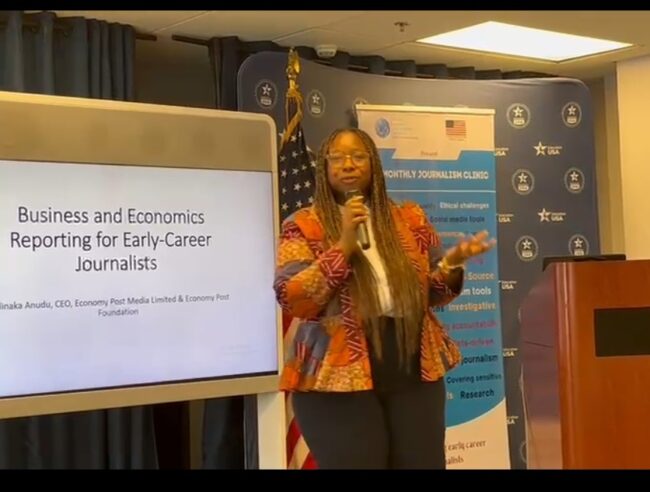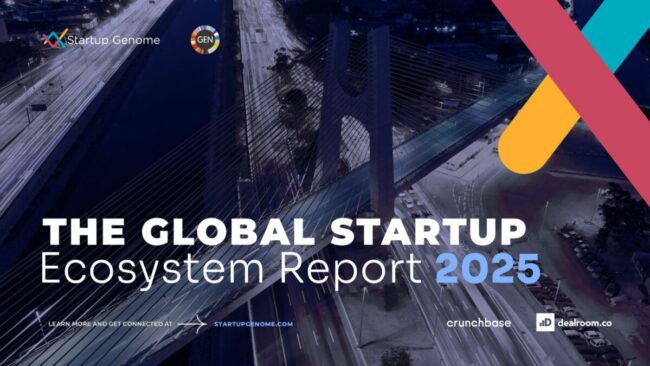Extraordinary meeting planned to discuss controversial plans to build 300-homes in a historic Shropshire market town popular with tourists
… would “maximise opportunities” for sustainable travel and improved vehicular connectivity, with … would also promote sustainable and travel choices in line with national …










